Iran says supports expansion of regional transportation routes
Iran has expressed its support for the expansion of transportation routes in the region, but reiterated the Islamic Republic’s opposition to any geopolitical changes.
"We support the expansion of transit routes and transportation networks in a way that serves the interests of all regional countries, but at the same time we emphasize that we oppose any change to international borders,” Foreign Ministry spokesman Nasser Kan’ani said Monday.
His remarks came after Turkish President Recep Tayyip Erdogan claimed that Iran was warming up to a joint Turkish-Azerbaijani plans to set up a transport corridor connecting Turkey to Azerbaijan via Armenia.
The so-called Zangezur corridor aims to connect the Azerbaijani exclave of Nakhchivan, bordering Turkey, to mainland Azerbaijan through the southern Armenian province of Syunik. Armenia opposes the plans on the grounds that it would violate its sovereignty.
“If Armenia does not pave the way for the corridor, where will it pass through? It will pass through Iran,” Erdogan said. “Iran currently considers this positively. So, it would be possible to pass from Iran to Azerbaijan," the Turkish leader claimed.
Iran has in the past opposed the plan on the grounds that it would cut off the transport routes connecting its territories to Armenia. Without elaborating on the nature of the positive signals allegedly coming out of the country, Erdogan said, “It is pleasing to see positive signals from Iran on this issue."
On Monday, Kan'ani expressed Tehran’s support for resolving the disputes in the Caucasus region through political means.
“We believe differences in the Caucasus can be resolved via political dialogue and regional capacities,” he said.
The spokesman stressed that Tehran is against any extra-regional intervention and foreign presence in the Caucasus.
He noted that Iran supports regional dialogue within the framework of the 3+3 format cooperation mechanism, expressing Tehran's readiness to help find a solution to the conflict.
The 3+3 format cooperation mechanism features the three South Caucasus countries of Armenia, Georgia, and Azerbaijan plus Russia, Turkey, and Iran.
Kan'ani further said that the visit of Armen Grigoryan, the secretary of the National Security Council of Armenia, to Tehran on Sunday aimed to discuss bilateral ties and the latest developments in Caucasus.
Azerbaijan official to arrive in Iran
Kan’ani said an Azerbaijani official will travel to Iran, adding that the exact date of the trip will be announced later.
He noted that the visit will discuss the regional developments as well as the re-opening of Azerbaijan’s embassy in Iran.
“We hope to see the resumption of operations of the embassy of the Republic of Azerbaijan in Tehran soon.”
Azerbaijan’s relations with Iran were strained in January following an attack on the Eurasian country’s embassy in Tehran.
Azerbaijan closed its diplomatic mission following the incident and evacuated staff over what it called a “terrorist act,” with President Ilham Aliyev blaming it on the “Iranian establishment.”
Pezeshkian to visit Russia next month to sign partnership pact
Missile fired from Yemen hits Tel Aviv
VIDEO | Iran emerging as aviation service hub through innovative solutions
Iraq exhuming remains of 100 Kurdish women, children killed by Saddam
Panama rejects talks with US over canal control
VIDEO | Israel Yemen aggression
HTS rulers name al-Qaeda operative as Syria's new spy chief
Iran voices concern about rising insecurity, violence in Syria


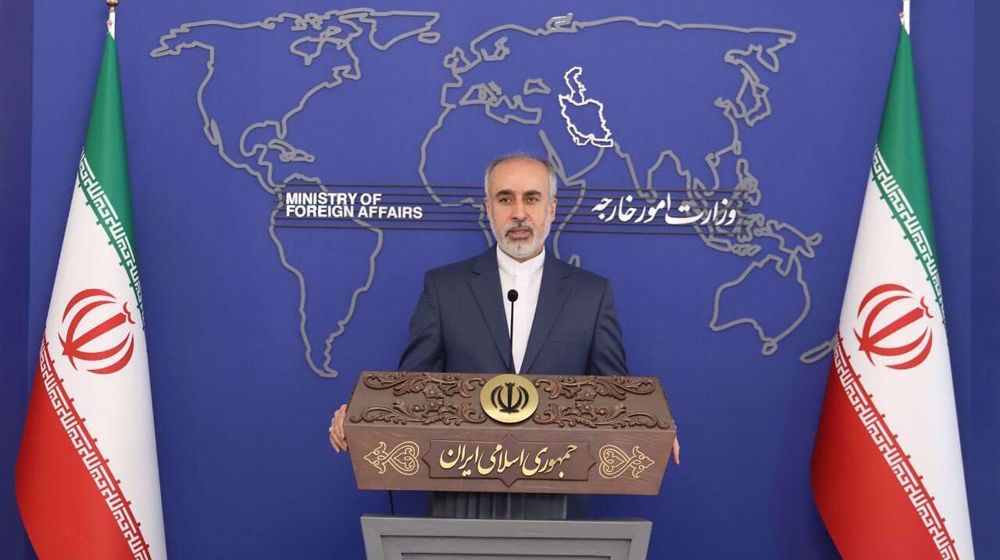
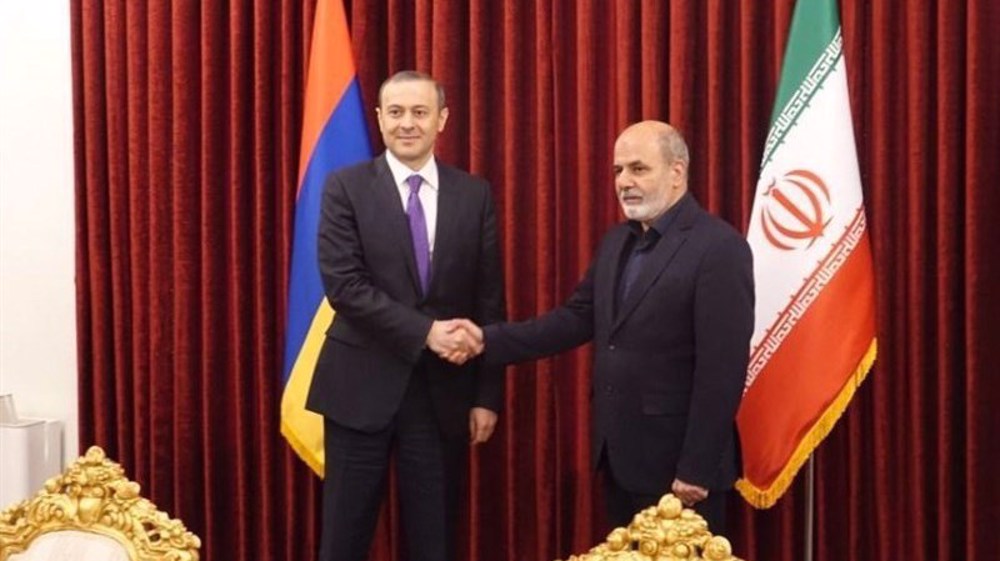
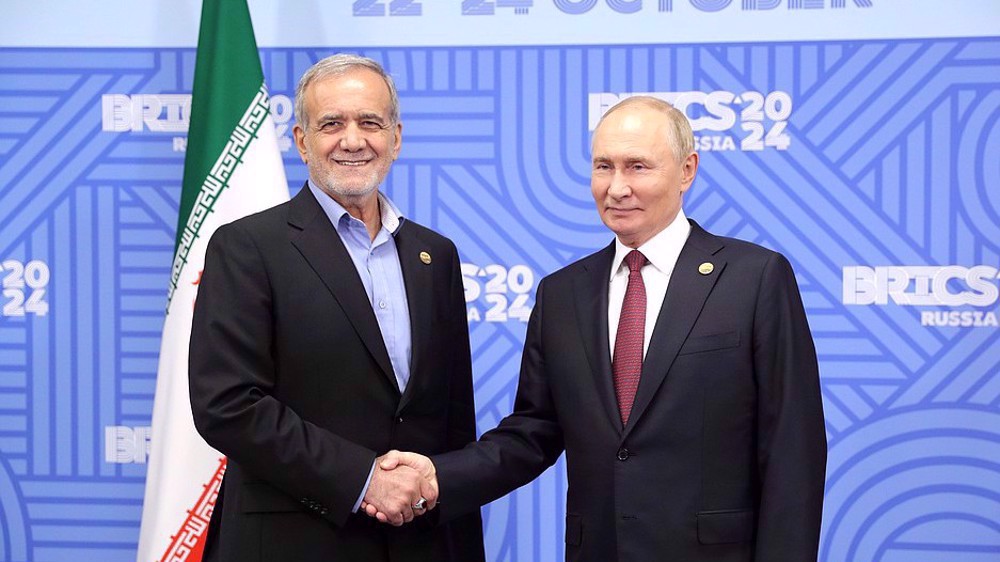
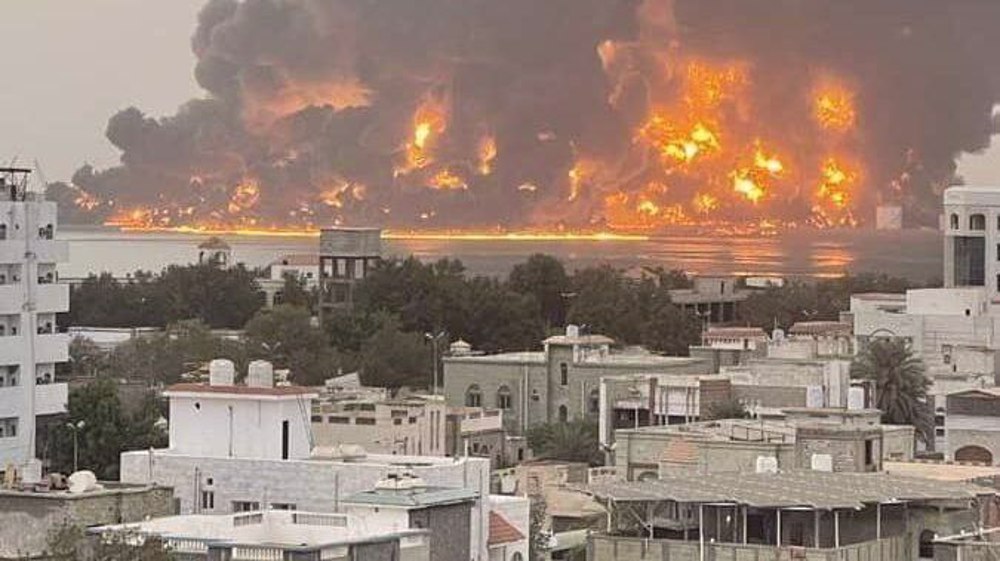






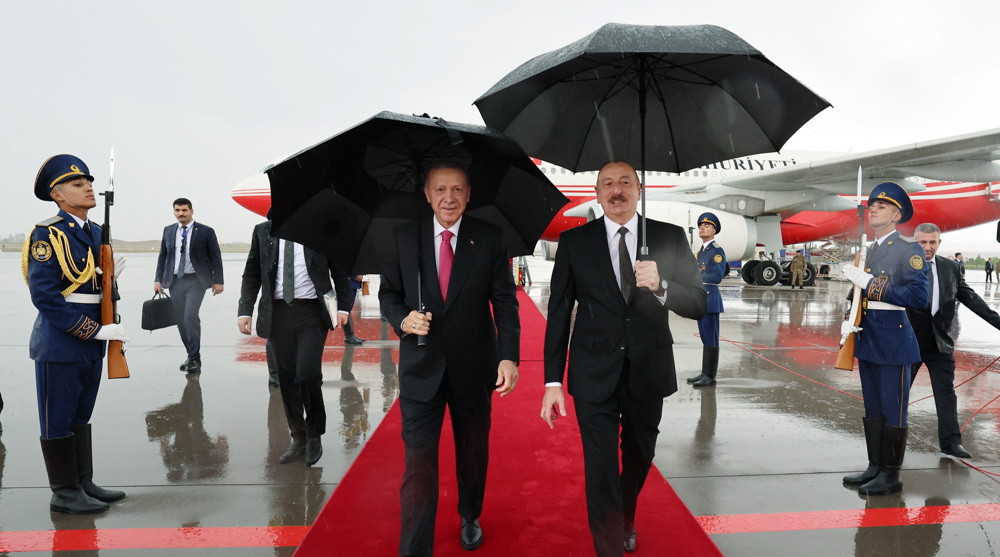

 This makes it easy to access the Press TV website
This makes it easy to access the Press TV website